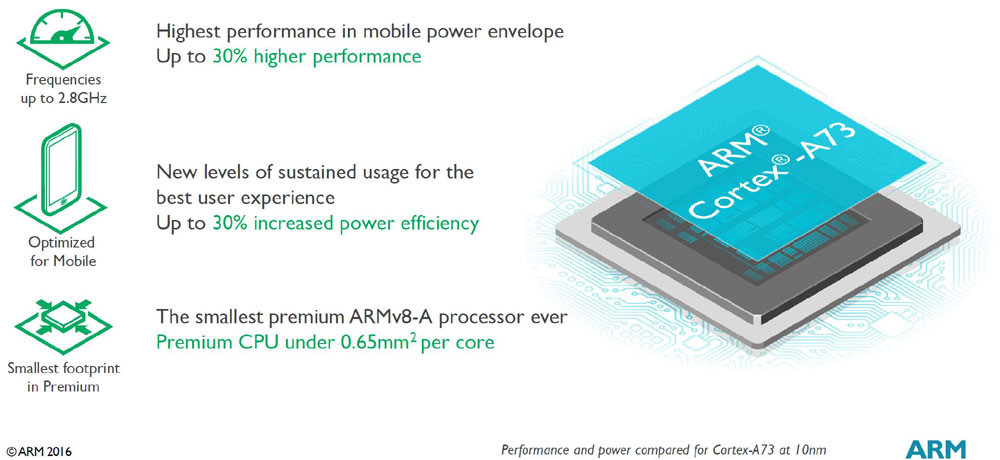
What you’re looking at above is the very first prototype of an Android smartphone. Note that this is what Android looked like before Steve Jobs unveiled the iPhone to the world. Back then, Google wanted to create a BlackBerry clone. Now today it’s pretty damn near impossible to find a smartphone with a QWERTY keyboard, and for good reason too. People love giant screens, and several advances in virtual keyboards and predictive text have taken place. All that said, there’s still room in this market for QWERTY, at least according to BlackBerry’s new CEO, John Chen.
In a recent Bloomberg interview, Chen says: “I personally love keyboards, so you will look to Blackberry going forward to do keyboards — I wouldn’t use the word exclusively, but predominantly.” This has got me thinking, should a company like Samsung, Sony, or HTC dare to enter the QWERTY game again?
You might think I’m insane, but think about the explosion of tablets. When you’re at home, chances are you’re going to use either your laptop or your tablet to interact with the world, not your smartphone. And while yes, it’s nice to have a giant 5.0 inch display while you’re out and about town, wouldn’t it be great to have a phone that can last three days on a single charge?
Imagine cutting the screen size of the GS4 into three pieces and then replacing the bottom third of the device with a keyboard. You’d instantly increase battery life without sacrificing too much display. Combine that with smart watches decreasing the need for you to check your phone every 15 minutes and we can start talking about returning to those years when phones had to be charged once a week, if that.

















